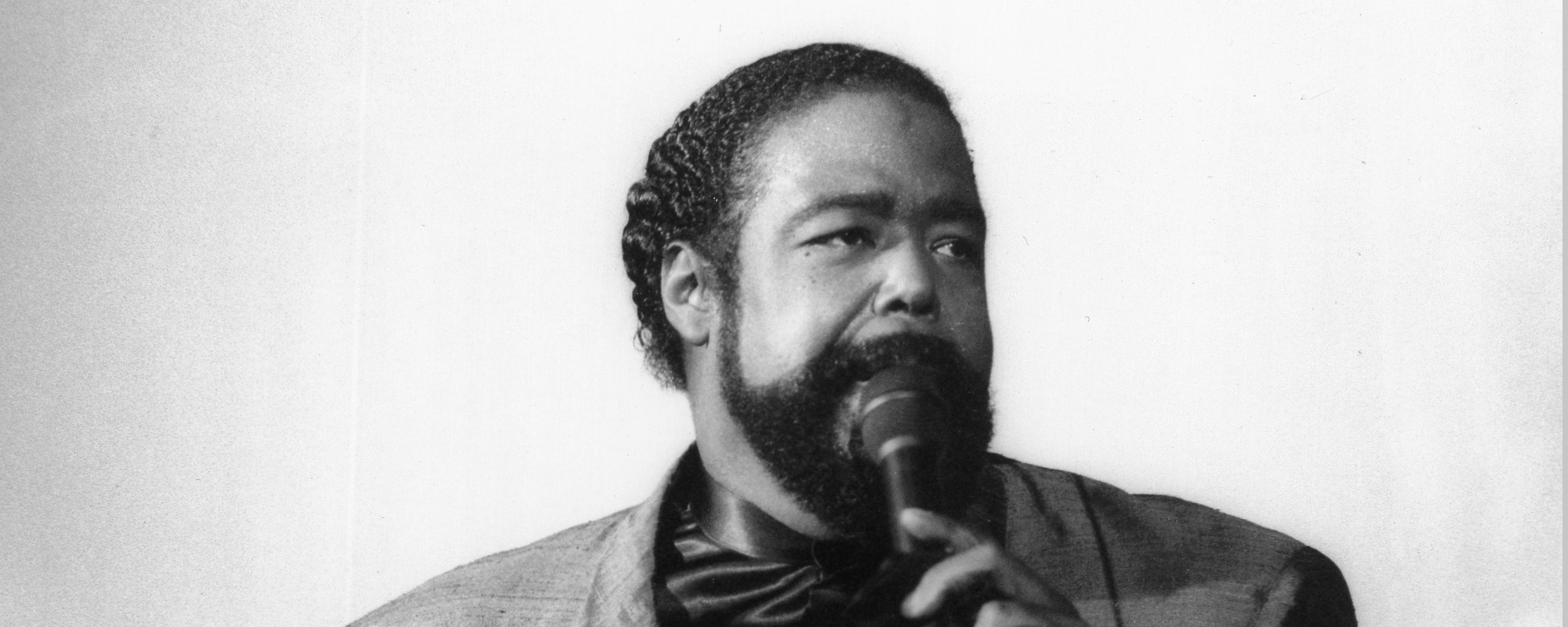In December 1964, the release of a particularly iconic Sam Cooke song would change the Civil Rights movement and the protest music that served as its backdrop forever—a monumental cultural and sonic shift that the song’s singer would never get to see, as it was released ten days after his brutal killing at the Hacienda Motel in South Central Los Angeles.
Videos by American Songwriter
RCA Victor released “A Change Is Gonna Come” on December 22, four days after Cooke was laid to rest at Forest Lawn Memorial Park in Glendale, California. The gospel-turned-pop singer certainly would have had no way of knowing just how big of a change was coming when he recorded the song earlier that year in January. But Cooke and those around him did notice a peculiar ominousness to the protest anthem.
The Inspiration Behind This Iconic Sam Cooke Song
Sam Cooke’s tragic killing undoubtedly increased public intrigue around his iconic song, “A Change is Gonna Come.” But even before his death, those close to Cooke knew that the song was something special. Arranger René Hall worked diligently to create an instrumentation that matched the complexity and power of Cooke’s lyrics, which he wrote so quickly and effortlessly that it almost became unsettling.
“It was less work than any song he’d ever written,” Sam Cooke biographer Peter Guralnick told NPR in 2014. “It almost scared him that the song—it was almost as if the song were intended for somebody else. He grabbed it out of the air. It came to him whole, despite the fact that, in many ways, it’s probably the most complex song that he wrote. It was both singular—in the sense that you started out, ‘I was born by the river.’ But it also told the story both of a generation and a people.”
Given the inspiration behind the song, it’s unsurprising that it fell out of Cooke so easily. Cooke wrote his iconic song within two months of a tense incident at a Holiday Inn in Shreveport, Louisiana. The experience was an ominous foreshadowing of his killing at a different hotel one year later.
After the manager at the Holiday Inn turned Cooke and his band away, Guralnick said, “He just went off. When he refused to leave, he became obstreperous to the point where his wife, Barbara, said, ‘Sam, we’d better get out of here. They’re going to kill you.’ He says, ‘They’re not gonna kill me. I’m Sam Cooke.’”
In Hindsight, The Singer’s Protégé Had a Bone-Chilling Review Of The Song
As the old adage goes, hindsight is always 20/20, particularly on the backend of immense tragedy. Sam Cooke’s killing and the reception of his iconic song, “A Change is Gonna Come,” is certainly no exception. Cooke had recorded the track in-studio in January 1964. But in the months between then and his death, he only performed the song live once. Guralnick suggested to NPR that Cooke’s refusal to play it live was due to the song’s instrumental complexity, citing that the singer would likely only want to perform it live if he could recreate the same arrangement from the studio.
“But the other part,” Guralnick mused, “was that it had this kind of ominousness about it. When he first played it for Bobby Womack, who was his protégé, he said, ‘What’s it sound like?’ And Bobby said, ‘It sounds like death.’ Sam said, ‘Man, that’s kind of how it sounds like to me. That’s why I’m never going to play it in public.’ And Bobby sort of rethought it and said, ‘Well, it’s not like death. But it sounds kind of spooky.’”
Despite only performing it live once and the song’s posthumous release, “A Change is Gonna Come” has become one of Sam Cooke’s most enduring songs. Even decades after its release, the song continues to serve as an anthem—a universality Guralnick praised Cooke for in his 2014 interview with NPR. “It was the kind of hook that he always looked for,” the biographer said. “The phrase that was both familiar but was striking enough that it would have its own originality. And that makes it almost endlessly adaptable to whatever goal, whatever movement is of the moment.”
Photo by Jess Rand/Michael Ochs Archives/Getty Images













Leave a Reply
Only members can comment. Become a member. Already a member? Log in.